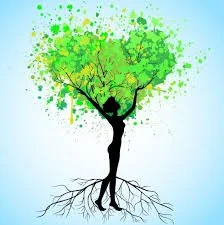In 1973, more than two decades after a young woman wrote to Albert Einstein with a similar concern, one man sent a distressed letter to E.B. White (July 11, 1899–October 1, 1985), lamenting that he had lost faith in humanity. The beloved author, who was not only a masterful letter-writer but also a professional celebrator of the human condition and an unflinching proponent of the writer’s duty to uplift people, took it upon himself to boost the man’s sunken heart with a short but infinitely beautiful reply, found in Letters of Note: Correspondence Deserving of a Wider Audience (public library) — the wonderful collection based on Shaun Usher’s labor-of-love website, which also gave us young Hunter S. Thompson on how to live a meaningful life.
Dear Mr. Nadeau:
As long as there is one upright man, as long as there is one compassionate woman, the contagion may spread and the scene is not desolate. Hope is the thing that is left to us, in a bad time. I shall get up Sunday morning and wind the clock, as a contribution to order and steadfastness.
Sailors have an expression about the weather: they say, the weather is a great bluffer. I guess the same is true of our human society — things can look dark, then a break shows in the clouds, and all is changed, sometimes rather suddenly. It is quite obvious that the human race has made a queer mess of life on this planet. But as a people we probably harbor seeds of goodness that have lain for a long time waiting to sprout when the conditions are right. Man’s curiosity, his relentlessness, his inventiveness, his ingenuity have led him into deep trouble. We can only hope that these same traits will enable him to claw his way out.
Hang on to your hat. Hang on to your hope. And wind the clock, for tomorrow is another day.
Sincerely,
E. B. White
From the Marginalian, Maria Popova

























